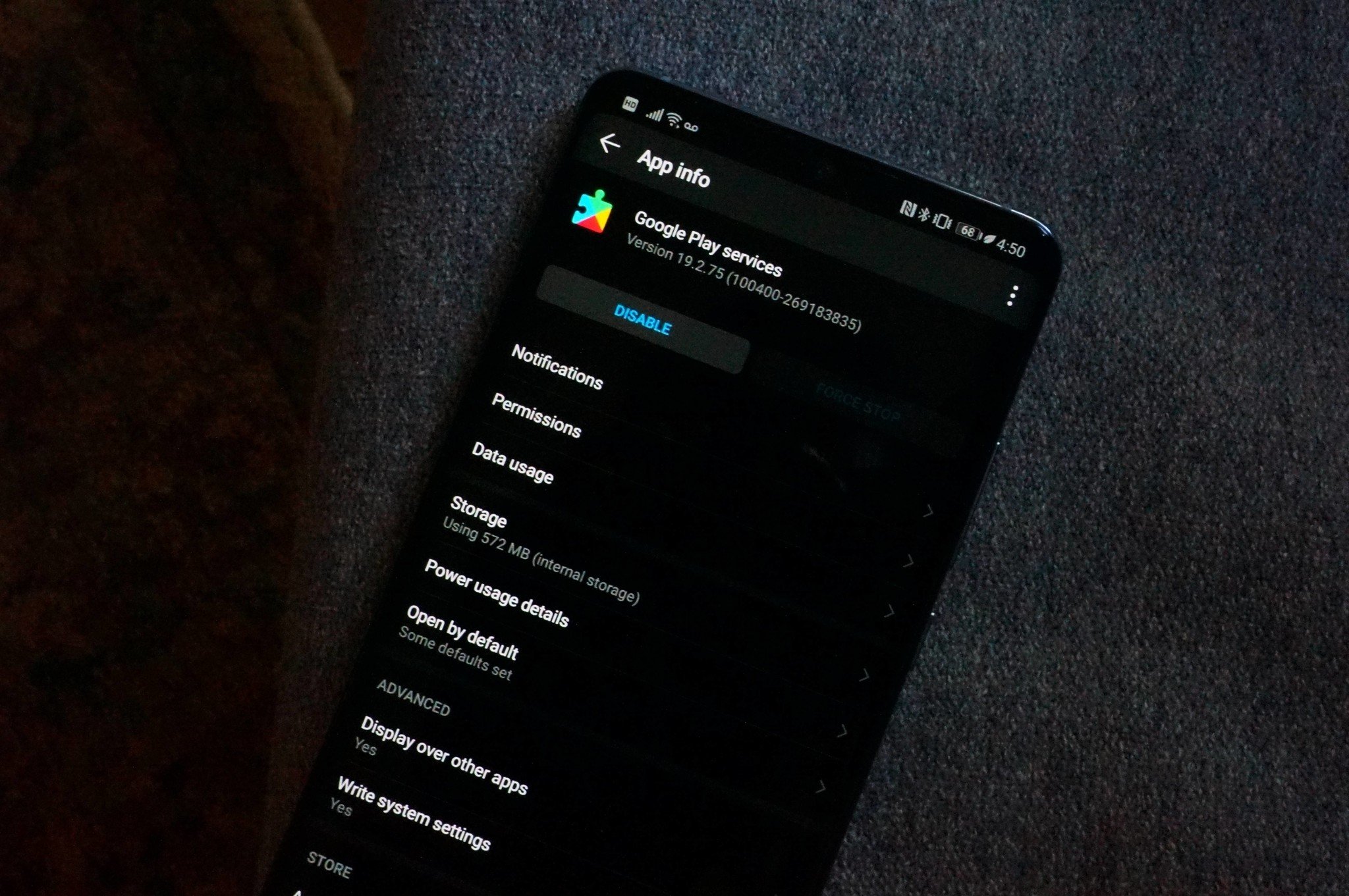Things aren't looking good for Google or Apple, and it's likely that some things will change.
Application developers have levied some serious accusations against Google and Apple in the latest Senate hearings about how the two tech giants abuse their market position and power.
Testimony from names like Spotify, Tile, and Tinder tells how the two companies are stifling competition and any potential rivals and details how the rules surrounding in-app payments and even application updates allow it to happen. Even worse, claims of threatened retaliation if the line isn't toed are being tossed out, too.
While Apple is having a tougher time, serious allegations have been levied against Google.
Things look much worse for Apple, which is under tight antitrust scrutiny and in another legal battle with Epic Games. This is because of Apple's closed ecosystem where Apple calls all the shots, and no alternative ways to install applications or updates exist. Even one of Apple's anticipated new products — the AirTag — is drawing controversy because Apple doesn't allow another company like Tile to access extra features like ultra-wideband radios or tracking through Apple's large customer base.
Google isn't looking squeaky clean, though. Jared Sine, Match Group's (Tinder's parent company) chief legal officer, testified that Google contacted Match Group on the eve of the hearing and demanded an explanation of the upcoming testimony, conduct which Senator Richard Blumenthal (D. CT) called "patently indefensible." Blumenthal also said he believes Google's call was a clear case of intimidation that the Senate should investigate.
Google's response, through the senior director of public policy Wilson White, was in disagreement, and White said he "respectfully doesn't view that as a threat and that Google would never threaten our partners."
Sine also puts the entire problem into the perfect soundbite:
They've set up their gateways, they've set up their toll booths; you've got to pay the toll if you're a digital good and service. They give everybody else access onto the freeway, and what we're saying is, why isn't the freeway the same for everyone?"
Silicon Valley companies have come under tight scrutiny as of late, and while this is a continuation of regulators and lawmakers looking at how companies like Google operate, it's also a really bad look for the company. While both sides in the latest dispute deserve their day in court, any outcome doesn't erase the accusations.
Google owes its success in the mobile market to app developers, just as Apple does. Smartphones existed before Android or iOS came along, but adoption was limited because many people couldn't find a use case to buy an expensive phone that acts as a pocket computer.
The creation of the app is why you have a smartphone.
That all has changed with the advent of the app. Google's own apps aside, the great apps we can find in Google's Play Store are the reason we all want the best Android phone. Whether you have just a few apps installed or are on the verge of filling your storage with hundreds of apps, they are why you think having a smartphone is great and why you use one. If this weren't the case, we all would still be using phones from Nokia and spend our free time playing Snake.
Google knows this, and it also knows that apps are the reason we're all going to keep buying smartphones. While Apple makes money directly from sales of phones and tablets, Google has a much more sly business model where it makes money because we use them. The data Google can gather from our time online is so lucrative that Google gives Android away for free to any company willing to build phones and follow its rules; rules that are designed to keep money flowing to Google first while app developers get the leftovers.
Those rules are the heart of the issue. We benefit from them because they are designed to make sure every app runs on every device — you can use Telegram to chat with all of your friends regardless of the phone they are using, for example. But those rules also create a lock-in where developers can use alternatives to Google Play for app distribution and in-app purchasing but don't because so many of the things that make Android great aren't available without Google's Play Store ecosystem. See the fall of Huawei for an example.
Google deserves to make a profit, but it has to play fair with the developers who make Android what it is today.
Google Play surely isn't cheap to keep running, and between salaries, online storage, and cloud development, I'll imagine the costs are astronomical. But those costs shouldn't be passed on to developers or users when Google has built the system so it profits before anyone else does.
We don't know what the outcome of these hearings will be, but we can all hope that they force Google to play a little more fairly when it comes to its treatment of app developers. They are, after all, the lifeblood of Android.
Source: androidcentral


